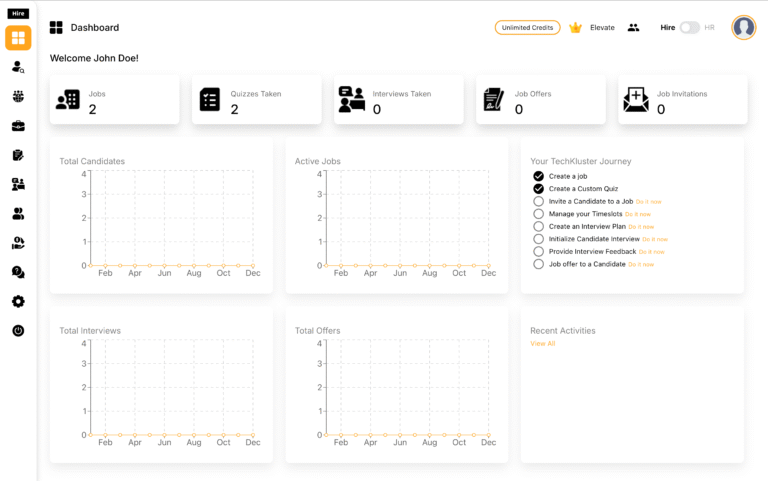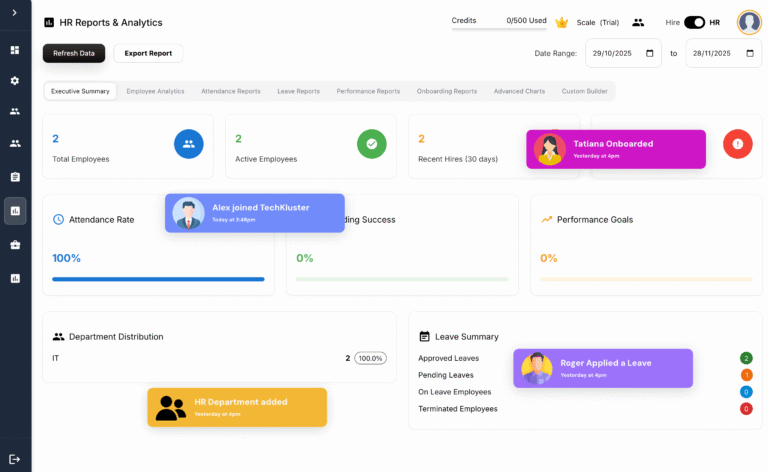Introduction In this article, we will discuss the java.lang.reflect.InvocationTargetException that can occur when using Java reflection. This exception is thrown when a method or constructor invocation through reflection encounters an exception. We will explore the cause of this exception, how to handle it, and how to prevent it from occurring in the future. The Problem …
Introduction
In this article, we will discuss the java.lang.reflect.InvocationTargetException that can occur when using Java reflection. This exception is thrown when a method or constructor invocation through reflection encounters an exception.
We will explore the cause of this exception, how to handle it, and how to prevent it from occurring in the future.
The Problem
Let’s consider a simple example where we use Java reflection to invoke a method:
import java.lang.reflect.Method;
public class ReflectionExample {
public static void main(String[] args) {
try {
Class<?> clazz = Class.forName("com.example.SampleClass");
Object instance = clazz.getDeclaredConstructor().newInstance();
Method method = clazz.getMethod("sampleMethod");
method.invoke(instance);
} catch (Exception e) {
e.printStackTrace();
}
}
}In this example, we use reflection to instantiate a class, retrieve a method, and invoke the method. If the sampleMethod throws an exception, we’ll encounter an InvocationTargetException.
Causes of InvocationTargetException
The main reason behind InvocationTargetException is that the method or constructor we are trying to invoke through reflection throws an exception.
This can happen for a variety of reasons, including:
- The invoked method or constructor has a bug or issue that results in an exception.
- The method or constructor’s input parameters are incorrect or incompatible, causing the method to fail.
- The method or constructor relies on external resources or conditions that are not satisfied during the invocation.
- Handling InvocationTargetException
When an InvocationTargetException occurs, we should handle it gracefully to provide meaningful information about the error. To do this, we can use the getCause() method, which returns the underlying exception that caused the InvocationTargetException:
try {
// Reflection code to invoke method or constructor
} catch (InvocationTargetException e) {
Throwable cause = e.getCause();
System.err.println("Invocation failed due to: " + cause.getMessage());
cause.printStackTrace();
}By extracting and logging the root cause of the exception, we can better understand why the invocation failed.
Preventing InvocationTargetException
To prevent InvocationTargetException, we can take the following steps:
- Fix issues in the invoked method or constructor: Ensure that the method or constructor is implemented correctly and handles exceptions or errors as needed.
- Verify input parameters: Ensure that the input parameters passed to the method or constructor are correct and compatible.
- Satisfy external dependencies: Ensure that any external resources or conditions required by the method or constructor are satisfied during invocation.
Conclusion
In this article, we’ve discussed the java.lang.reflect.InvocationTargetException that can occur when using Java reflection to invoke a method or constructor. We’ve explored the possible causes, how to handle the exception, and how to prevent it in the future.
By understanding the root cause of the InvocationTargetException and addressing it properly, you can ensure that your reflection code is more robust and less prone to errors.






